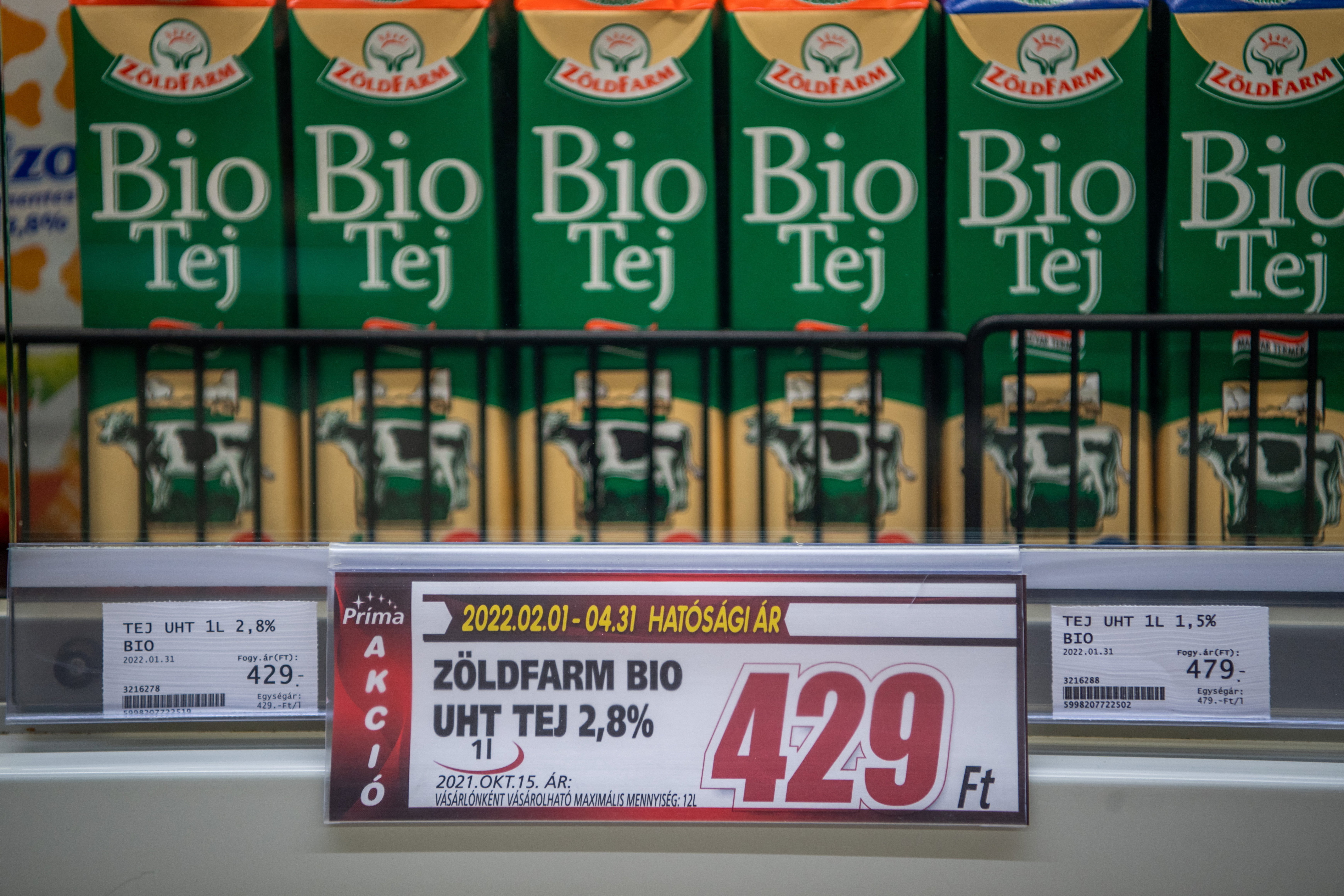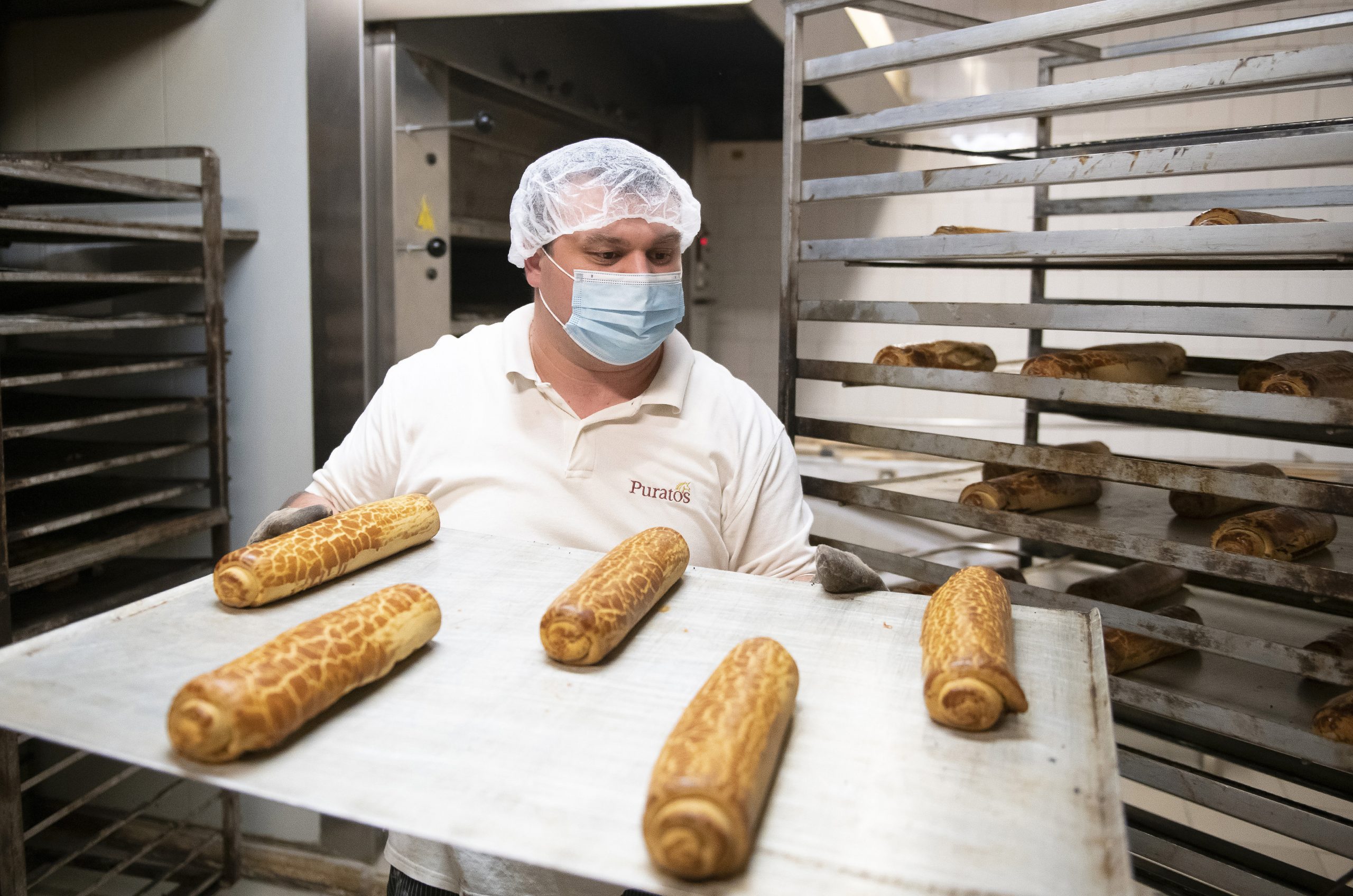
While it is obviously a relief for buyers to pay lower prices, both the food price cap and the fuel cap caused some problems.Continue reading

Rising production costs must be built into the consumer prices of Hungary’s bakeries, otherwise up to 400-500 may be forced to close, Agrokép reports. This will not be an easy task, since attempts to raise prices have been strongly resisted by food retail chains.
Integrating the increasing costs of production bakeries face into their prices is the most significant challenge ahead of them, Agrokép reported, quoting Tamás Éder, the vice president of the National Chamber of Agriculture (NAK) responsible for the food industry.
Businesses expect a back and forth “ping-pong” with retail chains, who have traditionally opposed increasing costs. It is only expected that bakeries will be able to raise their prices after months of negotiations, a worrying situation when everyday counts, according to the NAK vice president.
It is all of our responsibility to ensure the safety of our grocers. Every day that does not include the integration of increasing production costs into prices is an erosion of this safety.”
If Hungarian bakeries are no longer able to pay their suppliers due to a loss of profits, these suppliers will have to turn to foreign businesses, and the Hungarian economy will lose small businesses, jobs, and commodities.
Éder also brought up that higher prices will reduce purchases, noting that while customers of premium goods have remained in the past, those who are wary of their spending on products often tend to turn to poorer quality, cheaper products in these cases.
József Septe, President of the Hungarian Bakers’ Association, warned of the catastrophic potential of the situation:
Out of the roughly 900 bakeries in operation around the country – employing around 15-20 thousand workers – 400-500 can be expected to close in the next period, or to be bought up by larger market actors.”
Certain acquisitions are already underway, with even the most stable of bakeries potentially facing collapse. Expenditures per kilogram of white bread have increased from HUF 199.2 (EUR 0.53) in 2019, to HUF 245.06 (EUR 0.65) last November and to HUF 282.26 (EUR 0.75) in the first quarter of this year.
The current domestic economic situation is one of the most relevant issues facing Hungary right now. Inflation has grown steadily to 8.6 percent in March, price caps have been placed on food and fuel, not to mention the costs Hungary pays for its energy imports.
Featured photo illustration by Attila Balázs/MTI